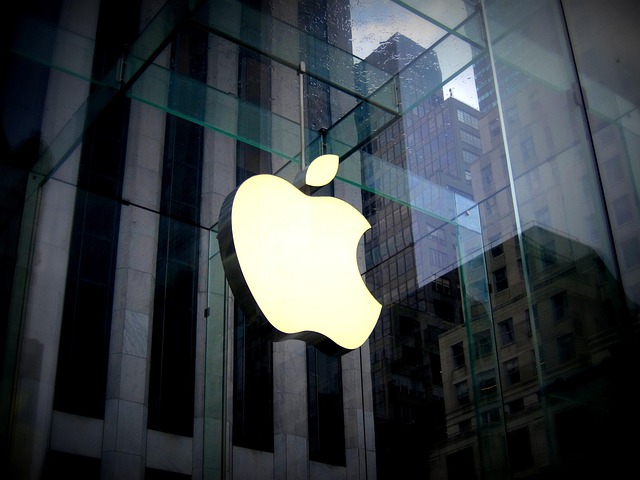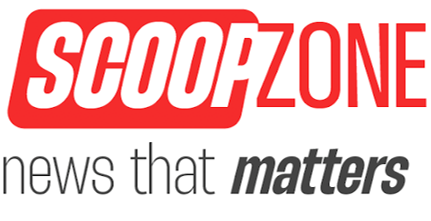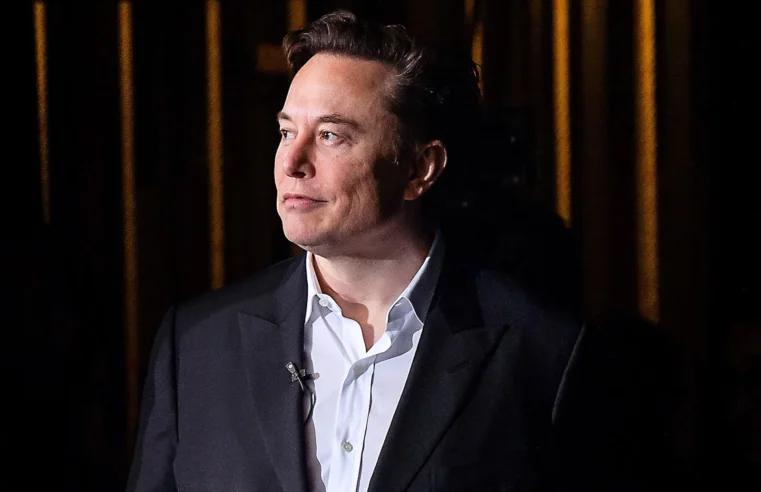EEOC Sues Apple Over Alleged Religious Discrimination Against Jewish Employee

The U.S. Equal Employment Opportunity Commission (EEOC) has filed a lawsuit against Apple, accusing the tech giant of religious discrimination and retaliation after a Jewish employee was allegedly harassed and later fired from one of its retail stores in Virginia.
Allegations of Discrimination and Harassment
According to the EEOC’s complaint, Tyler Steele, an Apple employee at the Reston, Virginia store, faced antisemitic remarks and unfair treatment from his store manager. The lawsuit claims the manager made offensive comments about Steele’s hygiene, refused to grant him time off for religious observance, and forced him to work during the Jewish Sabbath. Steele was also reportedly cautioned not to discuss the October 2023 Hamas attack on Israel with coworkers.
Steele, who joined Apple in 2007 as part of the company’s “Apple Genius” team, converted to Judaism in 2023. After his conversion, the lawsuit alleges, his work environment became increasingly hostile. Despite filing two internal complaints with Apple’s management, the company allegedly took no meaningful action to address the issue. The EEOC asserts that Steele was terminated in January 2024, just days after declining to work on a Friday, which violated his religious observance.
The lawsuit, filed in federal court in Alexandria, Virginia, accuses Apple of breaching Title VII of the Civil Rights Act of 1964, which prohibits employment discrimination based on religion, race, sex, or national origin. The EEOC is seeking back pay, compensatory damages, and punitive damages, arguing that Apple’s actions were “malicious and reckless.”
Broader Context of Religious Rights in the Workplace
The case comes amid heightened national attention to religious freedom and workplace protections. Under Acting Chair Andrea Lucas, a Trump appointee known for her conservative Christian background, the EEOC has increasingly emphasized enforcing religious rights. Lucas has previously criticized what she described as the Biden administration’s tendency to prioritize “woke policies” over religious protections.
The EEOC regularly pursues cases involving discrimination on the basis of race, gender, disability, and religion. However, this lawsuit marks a notable move against one of the world’s most influential corporations. Legal experts suggest it reflects a broader effort to reinforce religious accommodations in large organizations, where corporate policies sometimes clash with employees’ personal beliefs.
Apple has yet to issue a statement in response to the lawsuit. The company has historically positioned itself as a champion of diversity and inclusion, but this case could test the limits of those commitments. If the allegations are proven, it may raise questions about how effectively Apple enforces its own workplace ethics and employee rights standards.
For now, the outcome remains uncertain, but the lawsuit underscores the ongoing tension between corporate culture, individual rights, and federal enforcement of anti-discrimination laws in the modern workplace.









